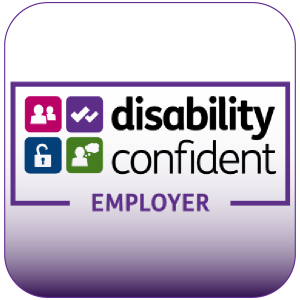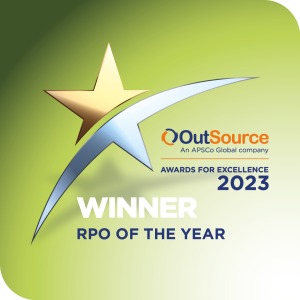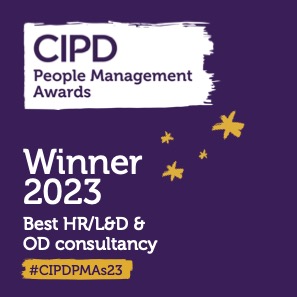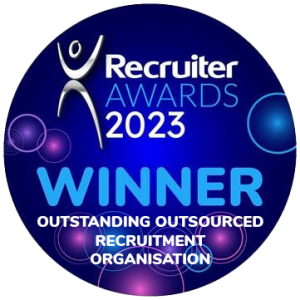Despite research confirming that companies with a diverse workforce are more productive and perform better financially, Diversity & Inclusion (D&I) strategies have long been disregarded as a priority for many businesses. Now, with the 2020 Black Lives Matter movement coming hot on the heels of #MeToo, D&I has finally taken centre stage in organisations across the globe.
A crucial element of any D&I strategy is that of attraction and assessment. For example, are companies and the roles they have appealing and visible to a broad demographic? Are role profiles designed with inclusivity in mind and are candidates measured on criteria solely relevant to the role?
Omni’s Resourcing and Talent Planning Survey 2020, delivered in partnership with the CIPD, revealed that the 28% of respondents that had implemented technology into their recruitment process, improved both objectivity and in turn, it also increased the diversity of their hires.
While encouraging, such a low percentage proves there is more work to be done to improve selection practices that connect businesses with more diverse applicants. Here, we explore how employers can implement an effective objective selection process.
Develop awareness
Everyone sets out to objectively hire the best candidate for the job based on their skills, experience and attitude. However, many are unaware that their seemingly rational decisions are biased in some way. A good place for employers to start is to enhance awareness of any potential biases and encourage the wider team to do the same.
Project Implicit is a research project based at Harvard University that aims to measure people’s preferences for certain social groups over others. There are many tests available that measure bias towards factors such as race, gender, age, weight, and sexuality. Despite the US-centricity, these tests are a highly effective way to highlight potential biases towards certain groups and encourage greater self-awareness in the people responsible for making hiring decisions.
Hire for skills
A number of hiring decisions are made on instinct and assumptions about the type of person required to succeed or by measuring them against individuals who have held the role in the past. To be objective, applicants must be measured on demonstrable skills and abilities they possess in direct relation to the post.
Our survey found that a majority of organisations apply a combination of methods in their selection process, with 76% stating they use some form of test, assessment or exercise in their selection process. One of the most effective methods to predict future job performance is to administer situational judgement tests that involve precisely the kind of work they would be doing in their new role. Such assessments enable hiring managers to compare candidates based on their skills and go a long way in adding objectivity, reliability and fairness to the process.
Additionally, hiring managers are advised to avoid conducting interviews as a free-flowing conversation and instead draw up standardised questions that every candidate is asked in the same order. Again, these questions should be directly linked to the role and its required outputs.
How we can help
Omni works alongside organisations to ensure they have the knowledge and tools required to implement objective selection practices. Our Inclusive Resourcing Effectiveness Assessment (IREA) helps to inform, audit and assess current inclusion resourcing activities and identify where action needs to be taken. Our experts provide:
- Future skills forecasts for the business
- Support in crafting role profiles and jobs descriptions that focus on required skills
- Help in developing a fully inclusive employer brand for current and future employees
- Development of selection methodologies, tools and hiring manager training
- Guidance on maintaining a winning candidate experience from beginning to end.
Want to find out how organisations are hiring in 2020?
Now in its twenty-first year, the Resourcing and Talent Planning survey examines resourcing practices, and the challenges organisations are facing to provide people professionals and their organisations with benchmarking data on critical areas such as recruitment costs, employee turnover and retention. Get your copy today!




